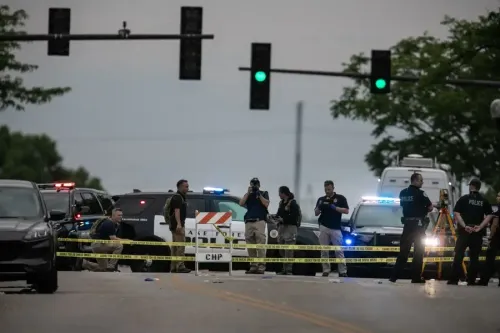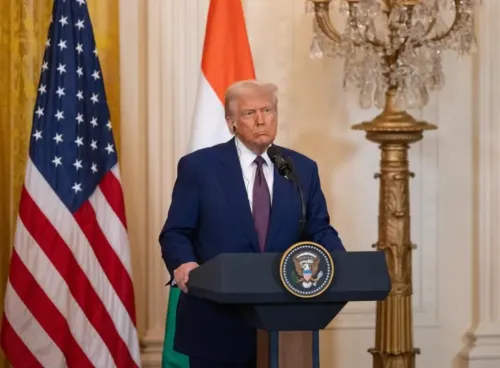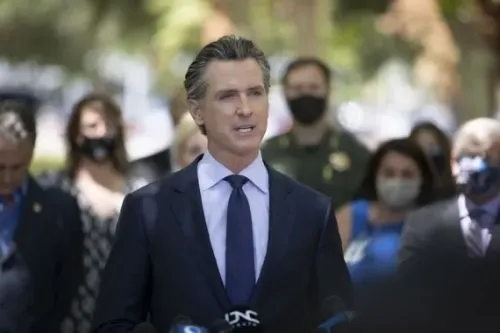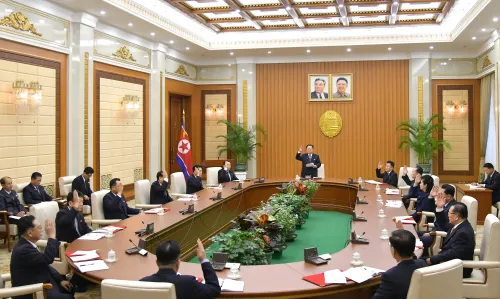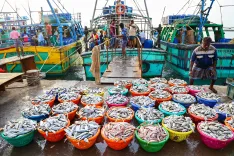Why Are the US-Iran Talks Postponed?
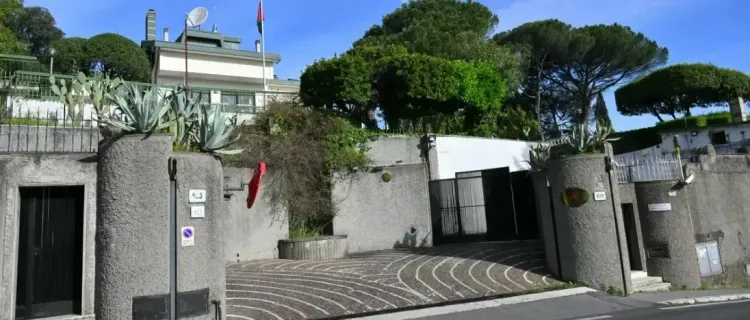
Synopsis
Key Takeaways
- Omani Foreign Minister Badr Albusaidi announced the postponement of US-Iran talks.
- The talks were originally scheduled for May 3 in Rome.
- Discussions aim to limit Iran's nuclear program.
- Logistical reasons were cited for the delay.
- Both parties will announce new dates when agreed upon.
Muscat, May 2 (NationPress) The Omani Foreign Minister Badr Albusaidi announced that the upcoming fourth round of US-Iran discussions, which was to be facilitated by Oman, has been postponed due to logistical issues.
"New dates will be confirmed once both parties reach an agreement," Albusaidi shared on the social media platform X.
He stated, "Due to logistical challenges, we are rescheduling the planned US-Iran meeting for Saturday, May 3," adding that updated dates will be communicated once both sides reach a consensus, as reported by Xinhua news agency.
The discussions were set to occur in Rome, coinciding with the Vatican's impending conclave to elect a new pope following Pope Francis's passing on Wednesday.
The objective of these talks is to negotiate limitations on Iran's nuclear program in return for the lifting of certain economic sanctions imposed on Tehran by the United States.
The initial schedule was disclosed by Iranian Foreign Minister Seyed Abbas Araghchi on Wednesday, as per Iran's official news agency IRNA.
Former US President Donald Trump has persistently threatened to initiate airstrikes against Iran's nuclear efforts if an agreement is not reached.
Iranian Foreign Ministry spokesman Esmail Baghaei stated that the talks were postponed at the request of Oman's Foreign Minister and emphasized Iran's dedication to achieving "a fair and lasting agreement."
Earlier that day, Iran accused the US of displaying "contradictory behavior and provocative remarks" following new oil-related sanctions imposed by Washington and warnings directed at Tehran regarding its support for Yemen's Houthis.
This statement from Iran came shortly after the US sanctioned entities involved in the trade of Iranian oil and petrochemicals.
In a separate statement, US Defence Secretary Pete Hegseth cautioned Iran of potential consequences for its support of the Houthis.
In late 2023, the Houthi rebels began targeting vessels near the Red Sea and Gulf of Aden in retaliation for Israel's military actions in Gaza.
The first and third rounds of these discussions, led by Araghchi and US Special Envoy to the Middle East Steve Witkoff, took place in Muscat on April 12 and April 26, while the second round occurred in Rome on April 19.
Washington and Tehran have engaged in discussions over the past month, seeking a deal to limit Iran's nuclear activities in exchange for lifting financial sanctions.

